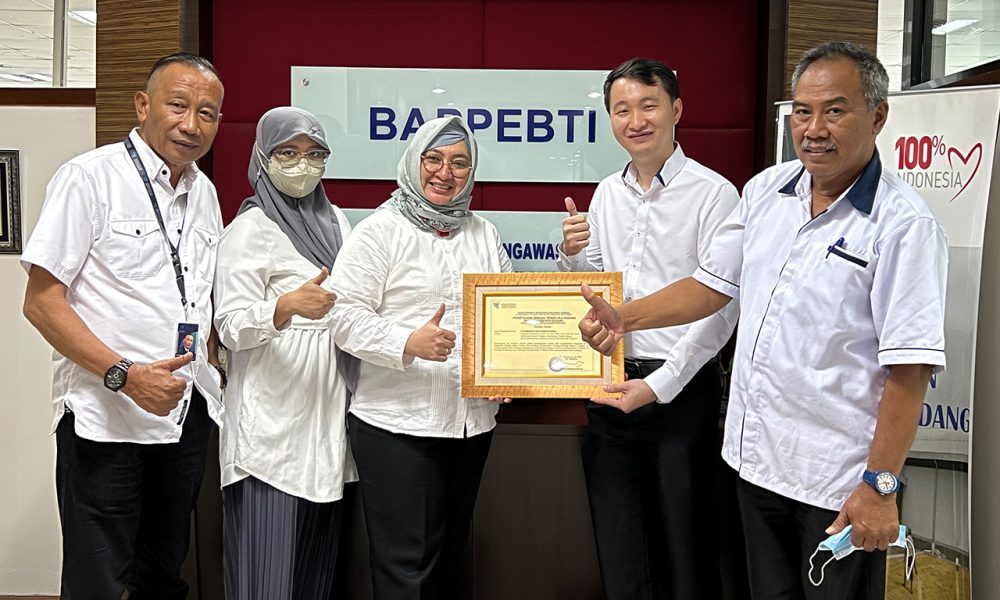News & Press
BAPPEBTI Appoints Darmawan Aryansyah Group to Manage Receipt System Warehouses
The Commodity Futures Trading Regulatory (Bappebti) approved Darmawan Aryansyah Group (PT DAG) to run warehouse receipt system (WRS) warehouses to manage tin commodities.
The warehouse receipt system itself is a trading or financial instrument that allows commodities to be stored in warehouses to obtain financing from financial institutions without collateral.
The main Commissioner of Darmawan Aryansyah Group, Oscar Darmawan said, WRS aims to open access to financing for business actors.
Because in the WRS the warehouse manager can issue proof of ownership of the goods stored in the warehouse, the evidence is valid as a guarantee as land certificates or vehicle BPKB.
“Therefore, in order to maintain public trust in this system, the integrity and commitment of the warehouse manager is needed in maintaining the goods stored in the warehouse,” said Oscar.
In addition, Oscar added, WRS can be a solution for the community in maintaining prices so that there is certainty in the physical commodity market.
The existence of the WRS is needed as financing access for agricultural activities, which is a problem that Indonesian farmers continuously facing.
The availability of the warehouse itself is a challenge for farmers so that warehouse receipts become a solution, especially in relation to the high logistics costs for farmers from the point of harvest to the final consumer.
“To improve the supply chain, PT Darmawan Aryansyah Group (DAG) participate by modernizing through technology,” said Oscar.
Meanwhile, the Head of the Warehouse Receipt System Development and Development Bureau and the Commodity Auction Market, Widiastuti, hopes that Darmawan Aryansyah Group will be able to become a professional, trusted, and innovative WRS warehouse manager.
“We are waiting for PT DAG’s solution for the advancement of warehouse system this industry in Indonesia, sir,” she said.
The warehouse receipt system, which is one of the national priority programs, is expected to be able to help move the wheels of the economy and improve the welfare of business actors, especially MSMEs and farmers.
This article is cited from Kompas.com.

